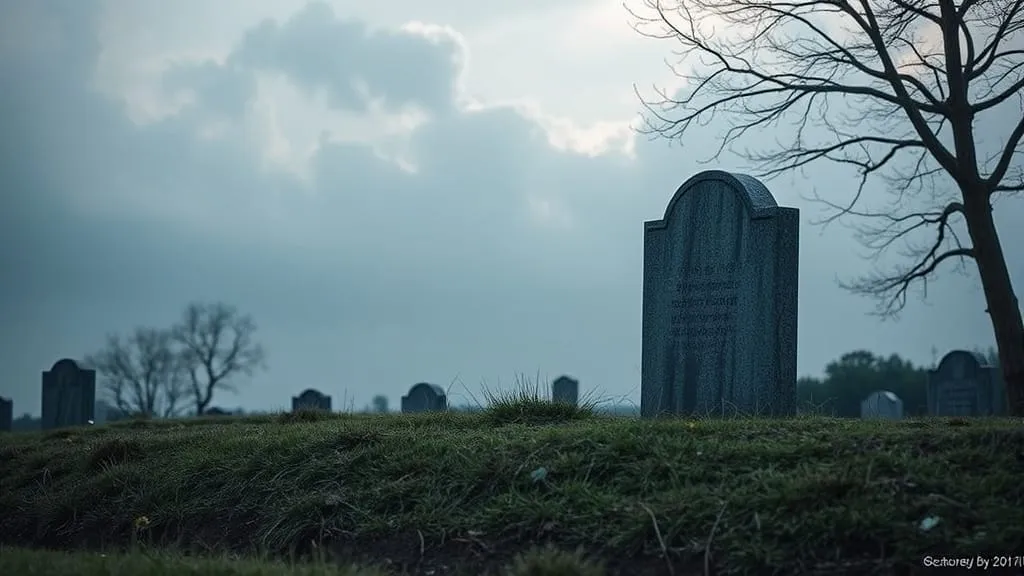Men read the Book of Deuteronomy and think they're listening to a long, sentimental farewell speech. They see it as Moses giving a final pep talk, a "greatest hits" of the law before a new generation takes over. They are listening to a requiem for an entire system of consciousness and mistake it for a graduation speech.

Deuteronomy is not a renewal of the covenant. It is the divine autopsy report on why the covenant of the letter was a complete and utter failure. It is the most powerful argument in the Old Testament for its own obsolescence.
1. The Repetition is the Indictment
Why does the law need to be repeated? If the law, written on stone tablets at Sinai, had the power to change men from the inside, there would be no need for Deuteronomy. The very existence of this "second law" is the ultimate proof that the first one failed. It demonstrates that giving the ego a set of external rules does nothing to change its nature. The people heard the law, and they remained slaves in their minds.
Deuteronomy is a testament to the truth Paul would later state explicitly: "the letter kills, but the Spirit gives life." (2 Corinthians 3:6). The entire book is a chronicle of a generation that had the perfect external law and died in the wilderness because they were spiritually dead on the inside.
2. The Choice is Not For the Ego
The climax of the book is the famous command: "I have set before you life and death, blessings and curses. Now choose life." (Deuteronomy 30:19). The religious mind reads this as God giving man "free will" to choose between good and evil. This is a complete misunderstanding.
The ego, the unawakened mind, is incapable of choosing life. The ego is the principle of death. It is the voice of fear, division, and lack. To ask the ego to choose life is like asking darkness to choose light. It is a metaphysical impossibility.
The command "choose life" is not an instruction for the ego. It is a command to abandon the ego—the very mechanism of choice itself. It is a call to surrender the false self that is constantly weighing options and calculating outcomes, and to fall into the "life" that is the Spirit. It is not a choice you make, but a state you surrender to.
3. Moses Must Die Outside the Land
The most profound spiritual truth in the entire book is its final event: Moses is not allowed to enter the Promised Land. He sees it from a distance, and then he dies. Why?
Moses represents the Law. He is the physical embodiment of the entire system of external rules and the ego's striving for righteousness. The lesson is absolute and terrifying: the Law can get you to the border of the state of peace, but it can never, ever enter. The consciousness of striving, of rule-keeping, of the ego trying to save itself, must die before the consciousness of rest (the Promised Land) can be inhabited.
Moses must die so that Joshua (Hebrew: Yehoshua) can lead the people in. Joshua is the Old Testament type for Jesus (Yeshua). The Law must give way to the Spirit. Your inner Moses—your ego's project of self-improvement—must die for your inner Joshua to bring you into the peace of God.
4. The Word is Not on a Stone; It is in Your Heart
After spending 30 chapters detailing the failure of the external law, Deuteronomy reveals the final, hidden truth. It admits its own inadequacy.
"Now what I am commanding you today is not too difficult for you or beyond your reach... No, the word is very near you; it is in your mouth and in your heart so you may obey it." (Deuteronomy 30:11, 14).
This is the secret that undermines the entire religious enterprise. The true Word of God was never the letters carved in stone. It is the living presence of the Spirit written on the heart. Paul quotes this very passage in Romans to explain the righteousness that comes from faith, not from law.
Deuteronomy is not a book to be studied for its rules. It is a tombstone. It is the final, definitive statement on the death of the old way of consciousness, and it points with its dying breath to the only thing that can give life: the Word that is already inside you.